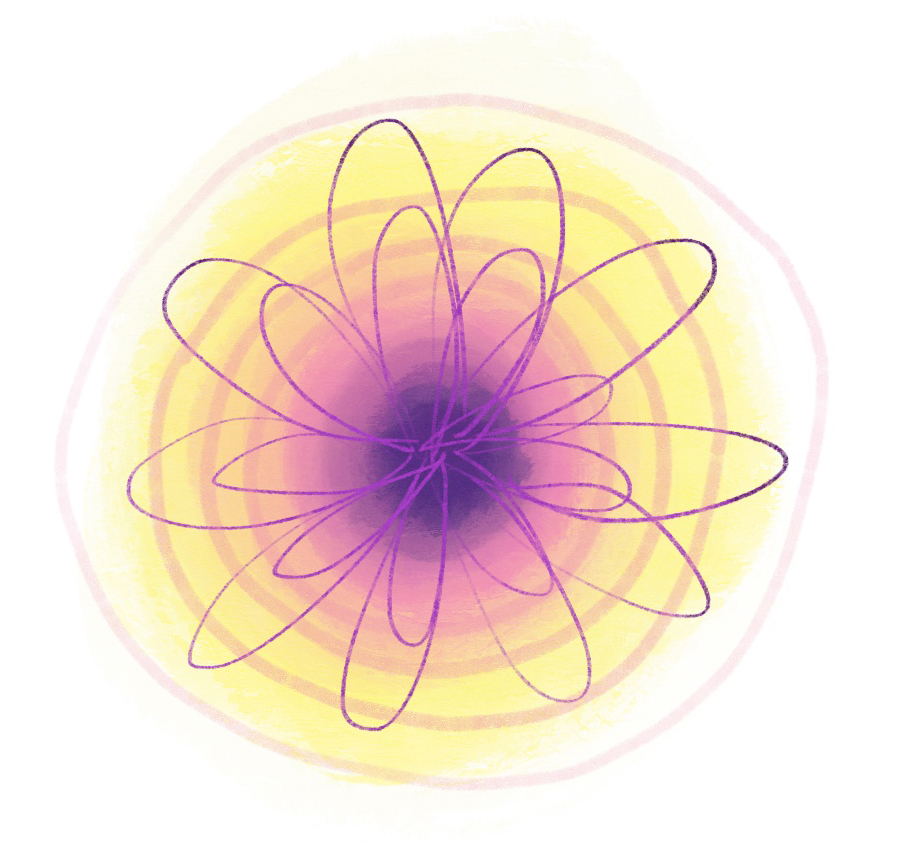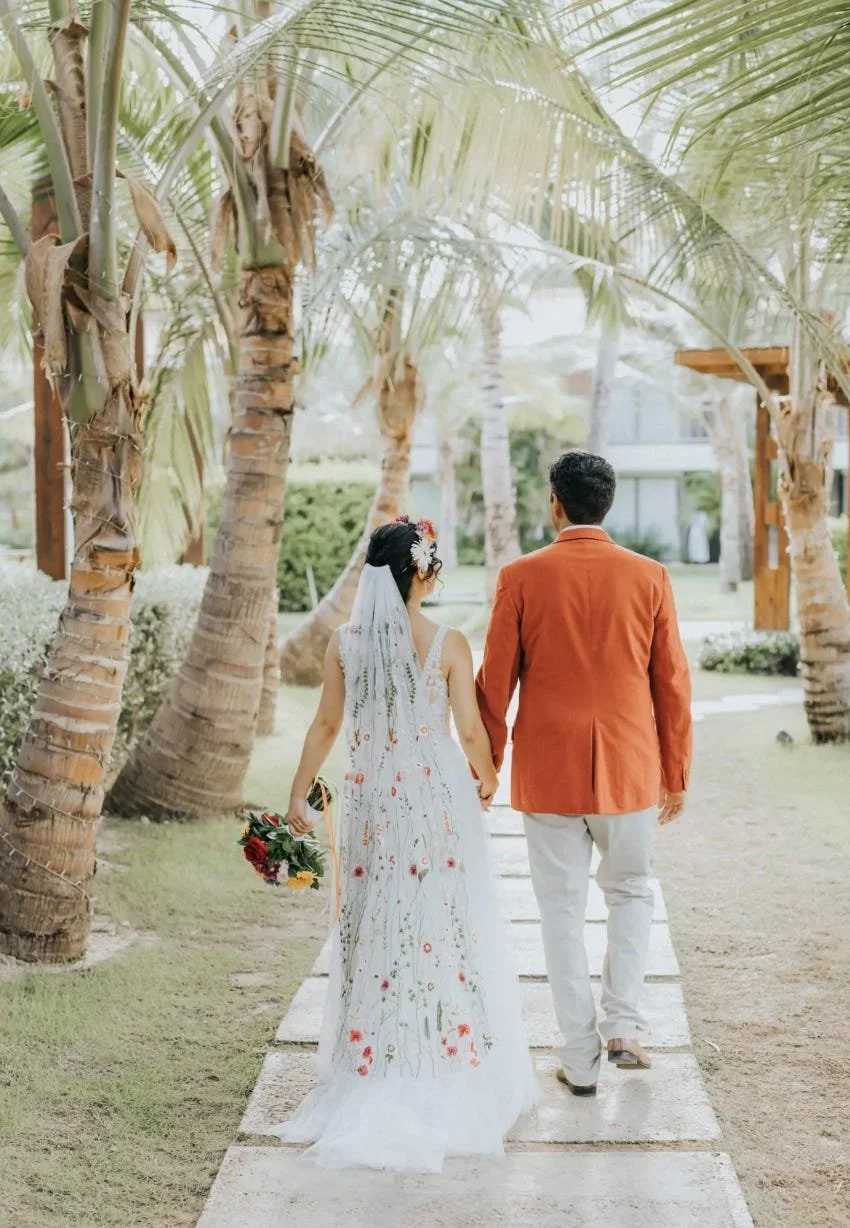What is truth? What is vessel?
What if….
there is a universal truth
that can guide each of us towards authenticity
that can guide our collective towards unity
that can help us navigate love and power, light and dark, harmony and chaos.
What if...
across human history and cultures
some of us have discovered pieces of universal truth
and have created vessels - stories, traditions, religions, philosophies - to protect and pass down what we have learned.
What if...
over time, some of us have overlooked the universal truth hidden inside
and instead, now worship the vessels that carry it.
What if…
some of us believe that our vessel is the only one that holds the universal truth
and we have become blind to the truth within others.
What if…
our context, values, and knowledge have evolved and many vessels are no longer relevant or understood.
…………..
Perhaps then…
we can consider questioning for ourselves:
What is truth? What is vessel?
and create new vessels for new times.
Perhaps then…
we can consider seeking and recognizing universal truth
regardless of the vessel that carries it.
Perhaps then...
We can consider learning from each other with open eyes, open minds, open hearts
weaving the pieces we have collectively gathered
bringing us all even closer
even deeper
into a
beautiful
mysterious
universal truth.
An aside:
I grew up in a non-religious family and had only shallow encounters with religion over the years. I couldn’t find enough reasons to believe in any of them, seeing much of it as “vessel worship”, and not sensing much “truth” that I couldn’t figure out through my own logic.
In my current explorations into living a more authentic and fulfilling life, I’ve realized that a key part of the journey is understanding who I am beyond my ego. This has naturally led me to questions around consciousness and spirituality.
It occurred to me that perhaps religion and philosophy are actually good places to look for answers, since that’s why they exist. In learning more about them, I’ve been practising how to let go of skepticism and distinguish between what is the message and what is the mechanism used to communicate it. Luckily, I’ve found some teachers and interpreters who have been helpful guides.
The most effective teachers are vessel-agnostic. They communicate their lessons through relatable stories, personal experience, metaphors, and creative formats. They often quote other faiths, acknowledging that the message of universal truth can come from anywhere and anyone. They ask provocative questions to help me reach my own conclusions, encouraging me not to take their word for it, to challenge what I hear.
Teachings of the Tao, Buddha, Jesus Christ, Inka shamans, Hinduism, Stoicism…I’m still early in my spiritual journey, but so far it’s been fascinating to see many shared principles. It’s like finding data points across various sources, pointing to similar conclusions.
I know that there is still much more to learn from those who have reflected on spirituality far more deeply than I have in my limited life experience. I’m keeping my eyes, mind, and heart open to what they have to share.
Some sources of my learnings so far:
[Podcast] On Being with Krista Tippet
I listen to this podcast almost every morning. Krista Tippet is a deeply thoughtful interviewer who explores spiritual questions with people from all experiences and backgrounds: What does it mean to be human? How do we want to live? And who will we be to each other?
This episode with Amichai Lau-Lavie was one of the inspirations for this blog post. He is an openly gay rabbi who leads a pop-up synagogue in New York City that takes as its tagline “everybody-friendly, artist-driven, God-optional.” I love that he experiments with new forms of storytelling, including dressing in drag.
[Book] Awareness - Anthony de Mello
I’m listening to the audio version of this right now, and absolutely love it. Anthony de Mello was a Jesuit priest and psychotherapist from India who seamlessly integrated eastern and western spirituality. His teaching style is lighthearted, humorous, yet grounded and relatable. I find myself laughing quite a bit at his jokes, which also carry deep spiritual weight.
[Book] The Power of Now - Ekhart Tolle
The first spiritual book that was recommended to me. It helped kick-off my meditation practice and prompted me to ask deeper questions about consciousness. I’ve also found Tolle’s episodes on Oprah’s Super Soul podcasts to be a good listen.
[Video series] Super Soul Sunday - Oprah
Oprah invites thought leaders across all fields and backgrounds to share their personal spiritual stories and experiences. I find these both inspiring and calming to watch on my weekends.
[Lecture] Bringing Your Mental Self Back Home - Supawan Green
I happened to pass by a Buddhist Temple and saw that there was a guest speaker teaching the essence of Buddhism. Not knowing anything about it, I decided to drop in. So glad that I did! I found Supawan’s teaching to be very relatable and easy to grasp. Here’s the link to the workshop that I attended. Highly recommended!
She has also made a PDF of her teachings: The Four Noble Truths
[Book] Tao Te Ching: A Book about the Way and the Power of the Way - Ursula K. Le Guin
I appreciated Le Guin’s poetic translation of the Tao Te Ching. I found the text confusingly abstract at first, but after letting it digest for some time, it felt deeply true and resonant.
[Book] Shaman, Healer, Sage - Alberto Villoldo
Alberto Villoldo is a classically trained medical anthropologist, who has studied shamanic healing techniques among the descendants of the ancient Inkas for more than twenty years. He tells his stories through the lens of a scientist, and I found them to be grounded and reflective. He is also familiar with the beliefs of many other cultures around the world, and highlights the similarities between them. It was an accessible and compelling introduction to shamanic beliefs.
[Book] Born Whole - Wes Gietz
Wes Gietz is a spiritual guide, healer, and coach who’s studied with Native elders for over 50 years. His book shares his personal experiences and research around trauma that occurs during our lives, and trauma that happens before we are born. I appreciate how he not only explores how trauma can occur, but also presents several methods on how to identify and heal it.
[Book] The Joy of Intimacy: A Soulful Guide to Love, Sexuality, and Marriage - Manis Friedman
I went on a tour of a Hasidic Jewish community while visiting Brooklyn. The tour guide’s uncle happened to be Manis Friedman, a famous rabbi, social philosopher, and author. Luckily for us, we had the chance to ask him questions in person to learn about Jewish beliefs (I knew pretty much nothing). His book shares his perspective on how “love” is ruining marriages, what intimacy really means, how to bring more of it into our life. I now have a greater understanding and appreciation of some of the religious rituals I once dismissed as silly traditions.
[YouTube Channel] School of Life
A great YouTube channel founded by modern day philosopher Alain de Botton, dedicated to emotional wellbeing and bringing philosophy into our current times. The videos are educational, warm-hearted, highly relatable, and beautifully animated. I most enjoyed the series on different eastern and western philosophies.


































Embracing collaboration, emergence, and creative play